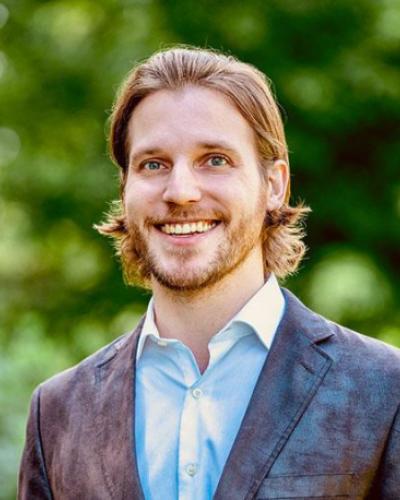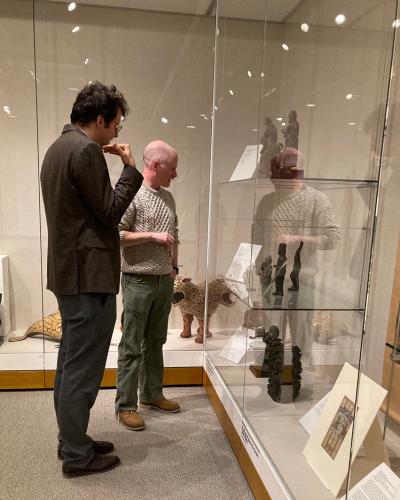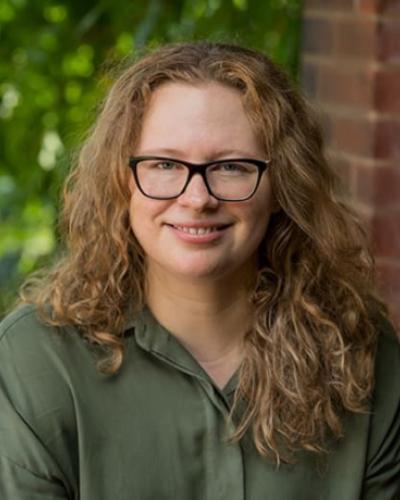Despite overwhelming evidence that climate destruction is unfolding more rapidly than previously imagined, many policymakers around the world are rolling back environmental protections while denying climate change. On Tuesday, October 30, Cornell and Atkinson Center for a Sustainable Future present “Denial’s Authority: Anti-Environmentalism and the Aesthetics of Negativity in Contemporary Climate Politics,” a talk by Jennifer Carlson, the Society’s 2018-19 Sustainability Fellow. The 4:30 p.m. talk will take place at the A.D. White House.
In her talk, Carlson will consider how popular embracement of anti-environmentalism takes shape in the Global North, drawing on her ethnographic research in South Texas and coastal northern Germany. The liberal imagination populates these rural landscapes with forgotten figures left behind by progress, undereducated and without access to evidence demonstrating anthropogenic climate change, or more sinister, pathological figures who fail to care. Anthropologists like Carlson are pushing back against these narratives. Carlson’s research in South Texas and northern Germany has led her to ask: “Among people who have been materially forsaken, or who perceive themselves that way, how does the idea of denying responsibility for climate change or denying the importance of environmental protection become an affirmation of social life? How does that negation of liberal values produce forms of solidarity that provide people with resiliency?”
Both regions of Texas and Germany have embraced renewable energy as an industry, while at the same time, many of the people doing the work of farming energy and living in these precarious coastal landscapes participate in climate change denial. She finds there is a performative pleasure expressing denial socially. For example, participating in conspiracy theories regarding state-sponsored energy projects in these regions provides a sense of being in the know and creates agency for its actors. “In these rural and coastal areas it is actually very hard to live with the depredations of the state,” Carlson notes; “and these theories say more than we might realize about that experience.” Speculating about conspiracy can be a way of telling a certain kind of truth that is socially – rather than scientifically– valid, and is linked to actual structures of power.
Loss lives at the heart of this complex problem. Carlson has lived and worked in communities where environmental loss is not only an inevitability described in scientific reports, but also a lived, sensory perception of the landscape. She has listened to people describe the omnipresent feeling of dust in the air in Texas and the disturbing smell of state-sponsored fertilizer in Germany, and heard these stories as an archive of change, degradation, and loss. “If we’re going to reach out to people, we have to understand that we’re not being asked to educate or optimize, but to improvise with and learn from how their vernacular theories of power and capital enable them to adapt to their world,” Carlson proposes.
Carlson, a visiting scholar in energy humanities at Rice University’s Center for Energy and Environmental Research in the Human Sciences, is spending the 2018-19 academic year on campus as part of the residential fellowship program on the theme of authority. With time to devote to writing a series of articles, Carlson is advancing her project to understand the way denial works as an authorizing force. In other words, how does the ability to deny climate change increase one’s political authority? Denial seems to create a sense of social solidarity in a way affirmation cannot. Carlson’s work employs the critical and theoretical tools of the humanities to understand why scientific evidence is, for some, a reason to become more oppositional, and why evidence does not always amount to authority.
These questions about authority are a central theme in the weekly Fellows’ seminars at the Society. Carlson cites the intellectual generosity of these seminars as the highlight of her fellowship experience. “I’m able to have stimulating conversations around a diverse array of topics with people who are deeply invested not only in understanding the theoretical promise of studying authority, but in its actual social relevance,” she says. She is also teaching a course this semester, Deranged Authority: Culture, Power, and Climate Change, that has energized a group of undergraduate and graduate students. Carlson reports that this has been the most rewarding teaching experience of her career because they are studying a real-world problem from a variety of perspectives. “My students are really trying to understand the complex question of climate change, not only from an intellectual perspective but from the perspective of living as neighbors.”
“How can we talk to each other, respect the different places we come from, and understand the multiple ways we move through the world and engage with the environment socially?” Carlson asks. The public can attend her October 30 talk to learn more about how her anthropological fieldwork can help address these high-stakes questions facing us today.





